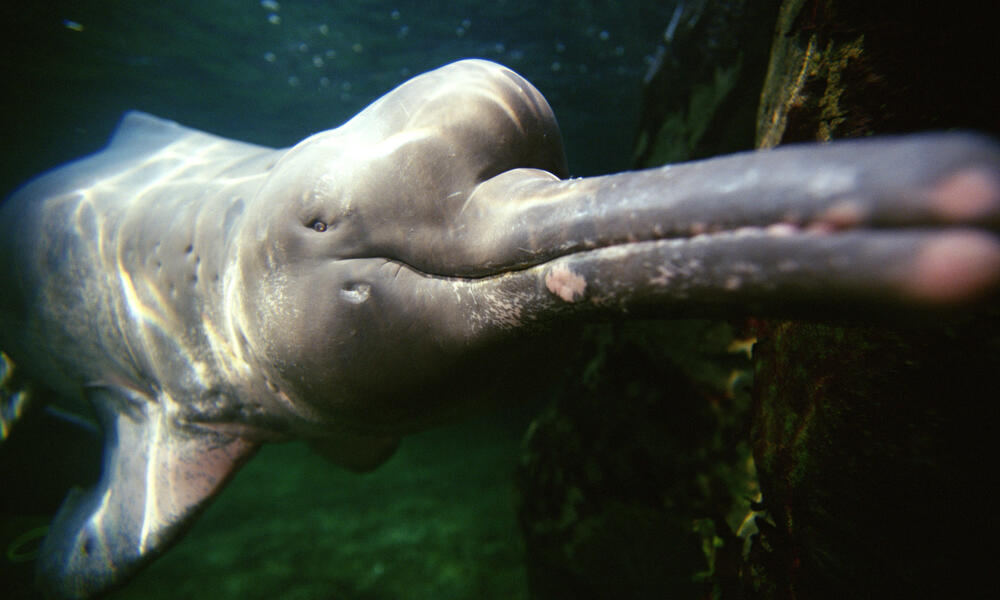The global destruction of biodiversity has had an alarming impact on wildlife populations over the last half-century. In some regions, they are almost completely wiped out, a recent report by WWF showed.
Between 1970 and 2018, monitored wildlife populations have declined by an average of 69%, as stated in WWF's Living Planet Report 2022 — presenting the most comprehensive dataset to date on the state of the world's biodiversity — which highlights the bleak outlook for the state of wildlife.
"WWF is extremely concerned by this new data that shows a devastating decline in wildlife populations, particularly in tropical areas with some of the world's most biodiverse landscapes," said Koen Stuyck, spokesperson for WWF-Belgium.
Tropical regions are especially seeing their wildlife populations collapse at a scorching pace: the populations of controlled wildlife species in Latin America and the Caribbean declined by an average of 94%. In Africa, this figure is estimated at 66%.
Populations of freshwater species (mainly including fish but also certain types of dolphins) in particular are under threat, as they declined by 83% in the last five decades, the greatest decline of all species groups. Here, habitat loss and movement obstructions in rivers are the main threats.
Overall, species exploitation, the introduction of invasive species, pollution, climate change and diseases are also among the main reasons behind population declines.
Repair fractured relationship
WWF stressed that intensified efforts are needed to restore and conserve nature, adding that this is not possible without recognising the rights and governance of indigenous peoples and local communities around the world, or without more sustainable production and consumption, especially of food.
Related News
- Tiger population in Nepal triples but attacks on humans increase
- Record colony of 102 bats found in East Flanders
The organisation called on world leaders who will meet in December at the 15th Conference of the Parties to the Convention on Biological Diversity (CBD COP15) to reverse the current pernicious trend. WWF is demanding a commitment to both nature and people in a type of Paris Agreement, which can reverse biodiversity loss to ensure a nature-friendly world by 2030.
"Leaders have the chance to repair our fractured relationship with the natural world and achieve a healthier, more sustainable future for all with an ambitious nature-positive global biodiversity agreement," said Marco Lambertini, Director General of WWF.

